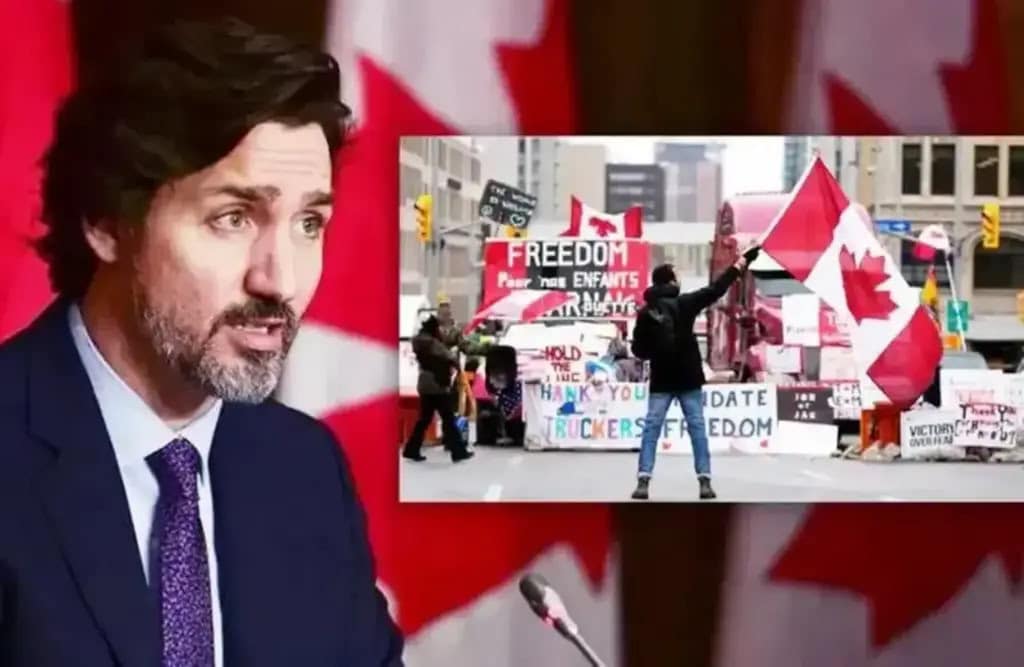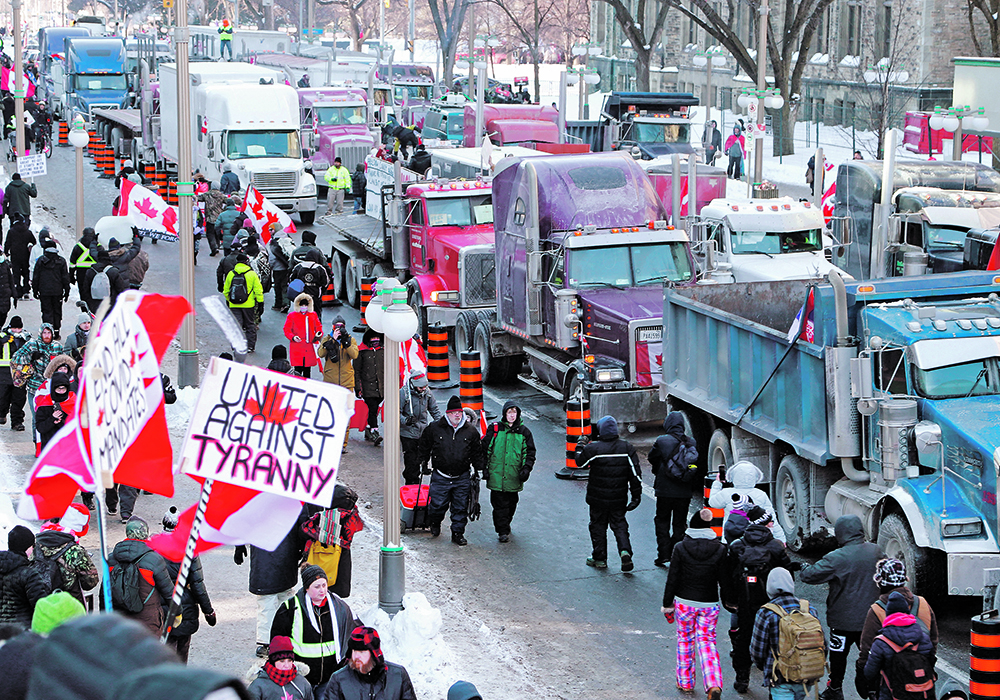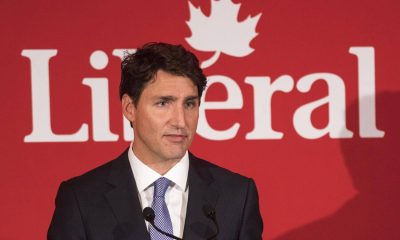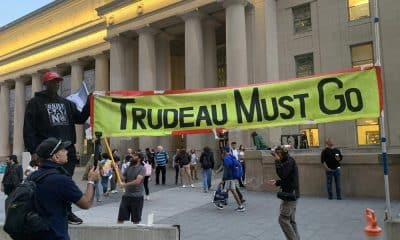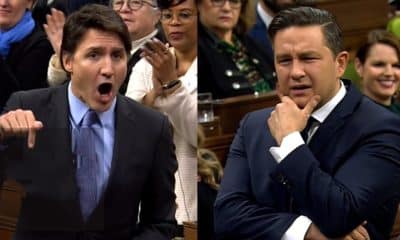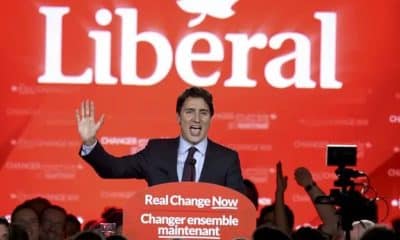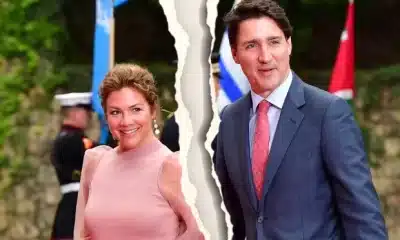News
Liberal Appointee Clears Justin Trudeau for Using Canada’s Emergency Powers Act
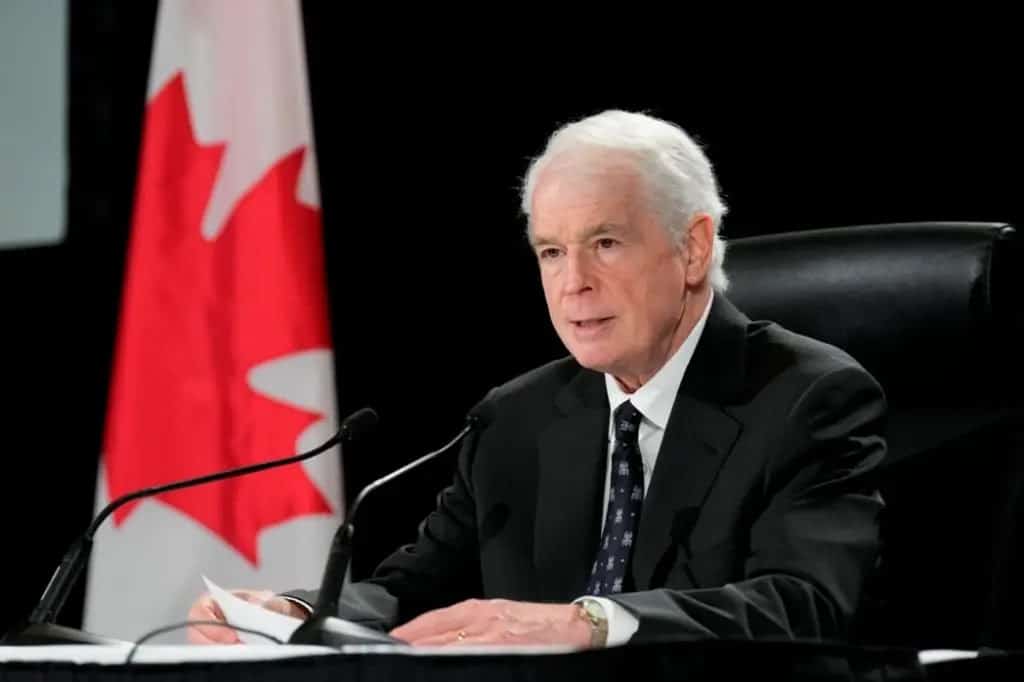
An inquiry led by a Liberal appointee has found that Justin Trudeau and the Canadian government met the “high” criterion by invoking the never-before-used emergency powers act to terminate trucker demonstrations last February.
Justice Paul Rouleau, a long-time Liberal supporter who led the examination into the usage of the 1988 Emergencies Act, called the decision a “drastic move” but not a “dictatorial one”. In times of crisis, the legislation gives the government new authority.
Prime Minister Justin Trudeau used it three weeks into the protests on February 14, 2022.
“Lawful protest deteriorated into lawlessness, resulting in a national emergency,” Mr. Rouleau said in his report to the Public Order Emergency Commission (POEC), which was tabled in the House of Commons on Friday.
Mr. Rouleau was a member of John Turner’s campaign for Liberal Party of Canada leadership when Pierre Trudeau announced his retirement. Rouleau then assisted in the selection of Turner’s cabinet after he was elected leader of the Liberal Party of Canada.
Justice Paul Rouleau, who has been with the Liberal Party for over 40 years, was appointed by Justin Trudeau to investigate Trudeau’s invocation of the Emergencies Act. Mr. Rouleau said he did not conclude lightly, but the federal government’s actions were “appropriate” and “effective”.
Though the report claims that emergency powers were required, it also claims that Prime Minister Trudeau inflamed the situation by calling the movement a “fringe minority,” reinforcing demonstrators’ resolve.
At a press conference on Friday afternoon, Prime Minister Trudeau stated that his administration will take the report’s recommendations seriously and that a response will be issued within the next year following an analysis.
He also agreed with the criticism of his remarks on the protesters, adding he wished he had said them differently.
The “Freedom Convoy,” a three-week-long demonstration against the government’s Covid-19 vaccine mandate, had gridlocked Canada’s national capital and received international attention.
Justin Trudeau used 1988 legislation, which empowered the government to impose prohibitions on public assembly in some locations and to bar travel to protest zones, including by foreign nationals, among other steps.
It also needs a formal investigation after the emergency action is invoked.
Late last year, the POEC heard from over 70 witnesses and 50 specialists. Judge Paul Rouleau of the Ontario Court of Appeal presided over the hearings.
On the final day of the hearings, Mr. Trudeau testified before the commission.
He defended his administration’s use of the act, claiming that law enforcement could not confront the protest in Ottawa and that he was afraid about what would happen if the government did not end it.
The measure authorized the federal authorities to evict and arrest protestors and freeze the financial assets of anyone involved in the protests.
Mr. Trudeau testified that he would not have utilized the powers if he thought another option existed.
“If I had been confident that other orders of government or any other law in Canada would have sufficed to deal with this emergency,” he stated, “we would not have met the threshold” to invoke the act.
In addition, the 2000-page report includes 56 recommendations to strengthen intelligence sharing, police reaction to large-scale protests, and the Emergencies Act itself.
The Emergencies Act was enacted in 1988 but has never been used. The law was explored in the early stages of the epidemic under public welfare but was ultimately deemed superfluous.
The antecedent law, known as the War Measures Act, was utilized three times in Canadian history: during the First World War, the Second World War, and, most controversially, during the October Crisis by Pierre Trudeau, Justin Trudeau’s father.
Meanwhile, Justin Trudeau expresses sorrow for describing Freedom Convoy demonstrators as a ‘fringe minority’. Trudeau claimed he spoke too broadly about demonstrators, many of whom wanted to be heard in their opposition to two years of pandemic restrictions.
“I wish I had framed things differently,” Trudeau said at a press conference on Friday.
Trudeau claimed he was speaking too broadly about protestors, many of whom, he said, merely wanted to make their opinions heard in opposition to the government’s pandemic restrictions imposed for two years.
Trudeau admitted that he could have been more precise about a tiny group of people with anti-vaccine attitudes that he believed were causing harm.
“The truth is that there are a very small number of people in this nation who purposefully promote misinformation and deception that has resulted in Canadian fatalities and extreme hardship in others who trust them,” he stated. “But, that is a small subset of folks who were simply hurting, worried, and wanted to be heard.”
Conservative leader Pierre Poilievre accused Trudeau of being the main source of division in Canada at a second press conference held shortly after Trudeau’s.
“He intends to divide and conquer. “He believes that if he can divide Canadians against one another, they will forget how horrible life has become,” Poilievre explained.
“He thinks that if you’re terrified of your neighbor, you’ll forget that you can’t pay your rent. If you’re terrified of a trucker, you might forget you’re hungry and divert your gaze away from the person who caused the situation in the first place.”

